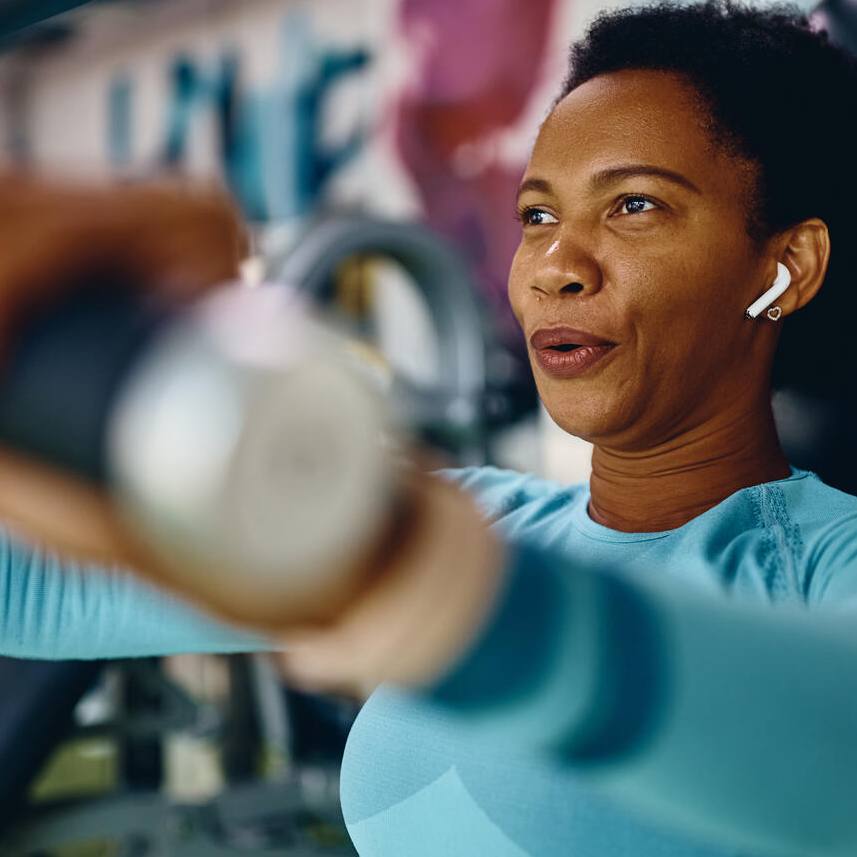-
Housecall: Choosing the right walking shoes to keep you moving
 THIS WEEK'S TOP STORIES
THIS WEEK'S TOP STORIES
Walking shoes: Features and fit that keep you moving
Walking shoes that fit your feet properly can prevent injuries such as blisters and calluses. Shoes that are comfortable and supportive can motivate you to walk more. But not all walking shoes are created equal. Learn how to figure out your foot type, get the best fit and find the features that are right for you.
Colonoscopy
A colonoscopy is an exam used to detect changes or abnormalities in the large intestine (colon) and rectum. Your health care provider may recommend a colonoscopy to explore possible causes of abdominal pain, rectal bleeding, chronic constipation, chronic diarrhea and other intestinal problems. Colonoscopy also is one of the most sensitive tests available for colon cancer screening. Learn more about colonoscopy and what you can expect during the procedure.
EXPERT ANSWERS
Does blood pressure have a daily pattern?
There is a normal ebb and flow to blood pressure through the day and night. Some conditions and risk factors could disrupt that pattern, sometimes enough to need treatment. Learn more from Dr. Sheldon Sheps, an emeritus Mayo Clinic hypertension and peripheral vascular diseases specialist.
What are the best foods for healthy skin?
Research on the best foods for healthy skin is limited. Still, antioxidant-rich foods seem to protect the skin. Other foods seem to damage the skin. For example, research suggests that a diet high in refined sugars, other carbohydrates and unhealthy fats promotes skin aging. Learn more from Dr. Lawrence Gibson, a Mayo Clinic dermatologist.
PLUS ADDITIONAL HIGHLIGHTS
7 signs you might have endometriosis
Chemical peel
Eyestrain
Chronic kidney disease
HEALTHY RECIPES
Sichuan broccoli and cauliflower
Pasta primavera
Fried rice with mushrooms
Sesame ginger shrimp
HEALTH TIP OF THE WEEK
Had an eye exam lately?
Regular eye exams are an important part of preventive health care — even if you don't wear glasses. Consult your eye care professional for periodic eye exams. In general, if you're healthy and have no vision problems, have your vision checked every five to 10 years in your 20s and 30s. From 40 to 54, have your vision checked every two to four years. From 55 to 64, have your vision checked every one to three years. After 65, get your eyes checked every one to two years.
Need practical advice on diet and exercise? Want creative solutions for stress and other lifestyle issues? Discover more healthy lifestyle topics at mayoclinic.org.
Receive a free e-subscription to Housecall and other health newsletters.







